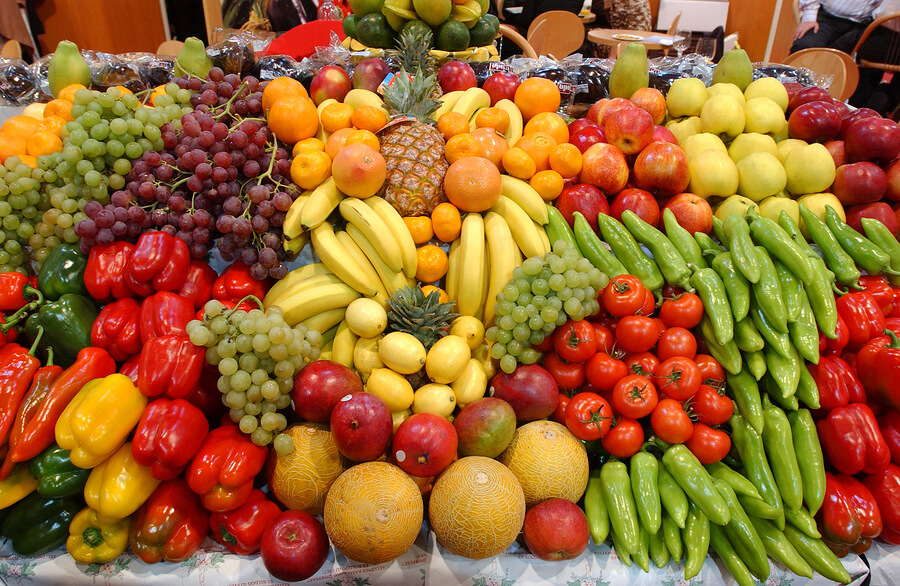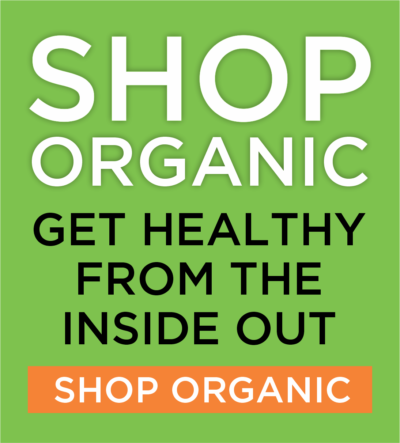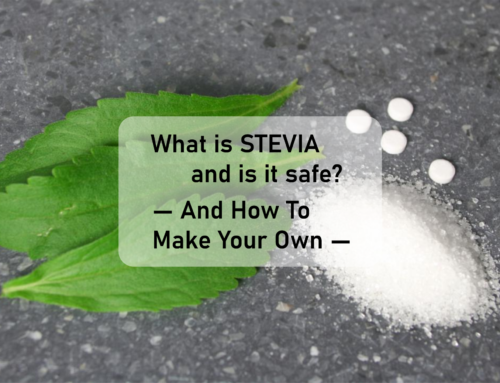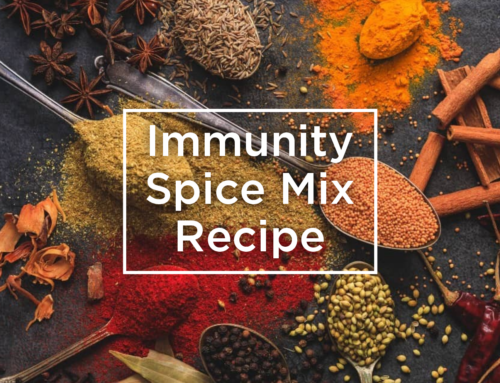The “Dirty Dozen” and the “Clean Fifteen”: Reasons to Go Organic

Celebrate the bounty of fruits and vegetables
It’s no mystery that eating lots of fruits of fresh fruit and vegetables improves our health, moods and well-being, but yet, it can be a bit of a challenge to get enough of these foods into our diet.
One of the best tips I can give to make this happen is to do something with your produce when you get it home from the store. Budget 30 minutes for food prep each time you grocery shop. For fruit, wash all the fruit you get so that it will be ready to go when you’d like to eat it; that includes rinsing berries in a strainer.
Greens are a big one and the single most missing food in the modern North American diet. When you get home from shopping, wash, dry and de-stem your greens (like kale, collards, Swiss chard, etc). Store them in either plasticware or a zip-top bag with a paper towel. The paper towel will absorb moisture that would otherwise wilt the leaves. This will give you three extra days out of your greens, especially the softer ones that tend to wilt quicker.
Now that the hard work is finished, you can just grab a handful of greens and mix them into your eggs in the morning, include them in a wrap or a sandwich or make a 10-minute stir fry.
Sprouts are proliferating this time of year; they’re a nutrition powerhouse to add freshness and vitality to any meal. Broccoli sprouts are my favorite because they have 30-50 times the cancer- fighting ability as mature broccoli.
Berries are officially in season and a great snack idea with a handful of nuts. Green apples are always a tasty, low-glycemic fruit choice as well.
We’ve all heard it before, but it is advice that is worth repeating. Make sure you eat “a rainbow a day” to get all of your necessary daily vitamins and minerals. The choices are endless: red bell peppers, orange carrots, yellow squash, leafy greens, rich, dark almost bluish broccoli, and purple cabbage or eggplant.
To buy organic or not buy organic?
A report issued by the President’s Cancer Panel recommended eating produce without pesticides to reduce your risk of cancer and other diseases. According to the Environmental Working Group (an organization of scientists, researchers and policymakers), certain types of organic produce can reduce the amount of toxins you consume on a daily basis by as much as 80%.
Yes, buying organic can be very expensive, so many of my clients like to know which fruits and veggies are most important to buy organic. In these cases, I refer them to “The Dirty Dozen” and “The Clean Fifteen” to help them decide where their shopping dollars should go. These lists were compiled using data from the U.S. Department of Agriculture on the amount of pesticide residue found in non-organic fruits and vegetables after they had been washed.
If you don’t want to consume a chemical cocktail of at least 47 different additives, memorize and avoid the items below if they are non-organic:
The 2020 “Dirty Dozen”
Strawberries
Spinach,
Kale, Collard Greens
Nectarines
Apples
Grapes
Peaches
Cherries
Pears
Tomatos
Celery
Potatoes
Hot Peppers
You’ll be safer buying these fruits and vegetables even if they are non-organic:
2020 “The Clean Fifteen”
Avocados
Sweet Corn
Pineapples
Onions
Papaya
Sweet Peas Frozen
Eggplant
Asparagus
Cauliflower
Cantaloupe
Broccoli
Mushrooms
Cabbage
Honeydew Melon
Kiwi
Mango
Kiwi fruit
When considering what other fruits and vegetables you should buy organic, it’s helpful to consider a handy guideline: how thick is the outer, protective layer of skin? For example, mushrooms are like a sponge so I always suggest buying those organic, whereas you will likely be okay with bananas.
Definitely, wash all produce, but don’t think that washing your produce is going to eliminate pesticides. Washing will reduce, but certainly not eliminate, pesticides.
10 reasons to shop for and eat organic foods
1. Keep chemicals off your plate. Pesticides are poisons designed to kill living organisms, and can also be harmful to humans. Many EPA-approved pesticides were registered long before extensive research linked these chemicals to cancer and other diseases. Organic agriculture is one way to prevent any more of these chemicals from getting into the air, earth and water that sustain us – not to mention our plates.
2. Protect future generations. Children receive four times more exposure than adults to cancer-causing pesticides in foods.
3. Prevent soil erosion. Three billion tons of topsoil are eroded from croplands in the U.S. each year, much of it due to conventional farming practices, which often ignore the health of the soil.
4. Protect water quality. The EPA estimates that pesticides pollute the primary source of drinking water for more than half the U.S. population.
5. Organic farmers work in harmony with nature. Organic agricultural respects the balance demanded of a healthy ecosystem: wildlife is encouraged by including forage crops in rotation and by retaining fence rows, wetlands and other natural areas.
6. Save energy. More energy is now used to produce synthetic fertilizers than to till, cultivate and harvest all the crops in the U.S.
7. Help small farmers. Although more and more large-scale farms are making the conversion to organic practices, most organic farms are small, independently-owned and -operated family farms.
8. Support a true economy. Organic foods might seem expensive; however, your tax dollars pay for hazardous waste clean-up and environmental damage caused by conventional farming.
9. Promote biodiversity. Planting large plots of land with the same crop year after year tripled farm production between 1950 and 1970, but the lack of natural diversity of plant life has harmed soil quality.
10. Flavor and nourishment. Organic farming starts with the nourishment of the soil, and well-balanced soil produces strong, healthy plants that taste great. Conduct your own taste test!





